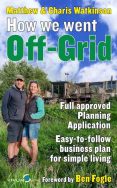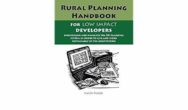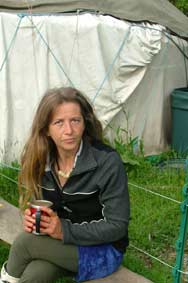
New Generation Of Pylons Will Trash UK Countryside
History is repeating itself in the UK, with a new generation of electricity towers breeding fear and local campaigning against National Grid.
The power company is attempting to impose its latest upgrade on the grounds of netzero – decarbonisation. But its arguments do not stand up to scrutiny say locals, who point out that the new pylons are far more expensive than the old, and have not been permitted anywhere else in the country so far, despite a 2035 decarbonisation deadline.
These new pylons are a world first and the result of more than a decade of planning, consultation, and installation.
And the plan is that more will be installed across the country as part of the Government’s ambitions to expand the energy grid to facilitate the move to Net Zero. Up close they look like steel obelisks standing 35m tall, equipped with two arms, strung with cables capable of carrying 400,000 volts of electricity. From a distance, they resemble a string of golf tees, winding their way up the Somerset landscape towards Avonmouth in the county’s north. Starkly white and solid, waiting to inherit the cables from their lattice-framed ancestors.
More than one hundred are expected to be installed and energised by 2024, as part of a project to connect new sources of low-carbon energy to homes and businesses, including Hinkley Point C, EDF Energy’s new nuclear station in Somerset.
In Rooks Bridge, directly beneath the overhead power lines, Gary Robinson ran a caravan campsite for 20 years. When builders descended in 2020, he was forced to close his business which now sits less than 100m away from one of the new pylons. When it rains, or the wind is strong, the noise is “enormous”, Robinson says.
Pylons of any kind generate audible whistling noise in high wind speeds and a buzzing noise in moisture. But T-pylon cables are gathered closer to the ground and residents have complained the effect is far worse than previously installed lattice pylons.
A National Grid spokesman said anyone directly affected by the scheme is eligible to submit a claim for any loss incurred under the compensation code, saying: “We always recommend that people who believe they have a claim seek appropriate independent professional advice.”
But Robinson, whose campsite licence was revoked on account of the noise and building work, says “proof of loss” is difficult.
Across the road, three empty properties, all recently refurbished but now 50m from a T-pylon, sit empty. Claire Feenie, who has lived on a secluded road in Cote for 21 years, watched as an old pylon opposite her home was replaced with one of the new systems two years ago. Now, she can see the structure from her conservatory. She can hear it too.
The pensioner, 74, says the new pylons were “more of an eyesore” than their older counterparts. “It’s because they’re solid. The old pylons – …







 An off-grid Community in the UK has been awarded £350,000 of central government money to help it spread its low-carbon lifestyle to families across the country.
An off-grid Community in the UK has been awarded £350,000 of central government money to help it spread its low-carbon lifestyle to families across the country.



